I’d like to introduce you to a great love of mine. Mind you, I’m not alone: hundreds of other theatre professionals continue to participate in our love circle of 33 years, including my husband.
Please meet THE ENSEMBLE STUDIO THEATRE (EST).
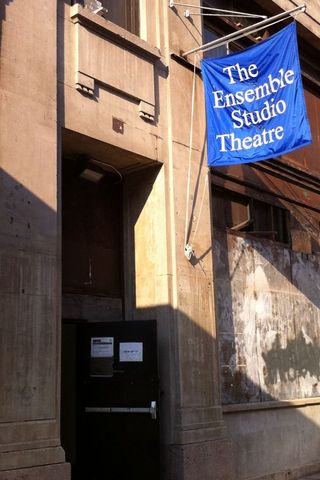 FULL DISCLOSURE: I’ve been a member of EST since 1978. My husband and business partner, Roger Morgan, is a founding member who signed the original articles of incorporation in 1968, alongside EST’s Founder, the late Curt Dempster.
FULL DISCLOSURE: I’ve been a member of EST since 1978. My husband and business partner, Roger Morgan, is a founding member who signed the original articles of incorporation in 1968, alongside EST’s Founder, the late Curt Dempster.
EST is a safe haven for several hundred theatre professionals who apply for free membership based on:
1) the quality of their work
2) their commitment to collaboration.
Actors, writers, producers, directors, designers, managers, technicians and critics (the 8 Roles of Theatrical Intelligence I write about on this blog), become “Ensemble Artists”.
THE ENSEMBLE in the theatre’s name = its members.
STUDIO = a “theatre gym”, where members gather for vigorous workouts and candid de-briefs from fellow members and the artistic staff.
THEATRE = Place: 549 West 52nd Street, Hell’s Kitchen. In spite of its grit and an occasional mouse, it is passionately loved by its users.
These three elements = THE ENSEMBLE STUDIO THEATRE, which provides a lifeline to creativity throughout the best (as well as the worst) years in the lives of its artists.
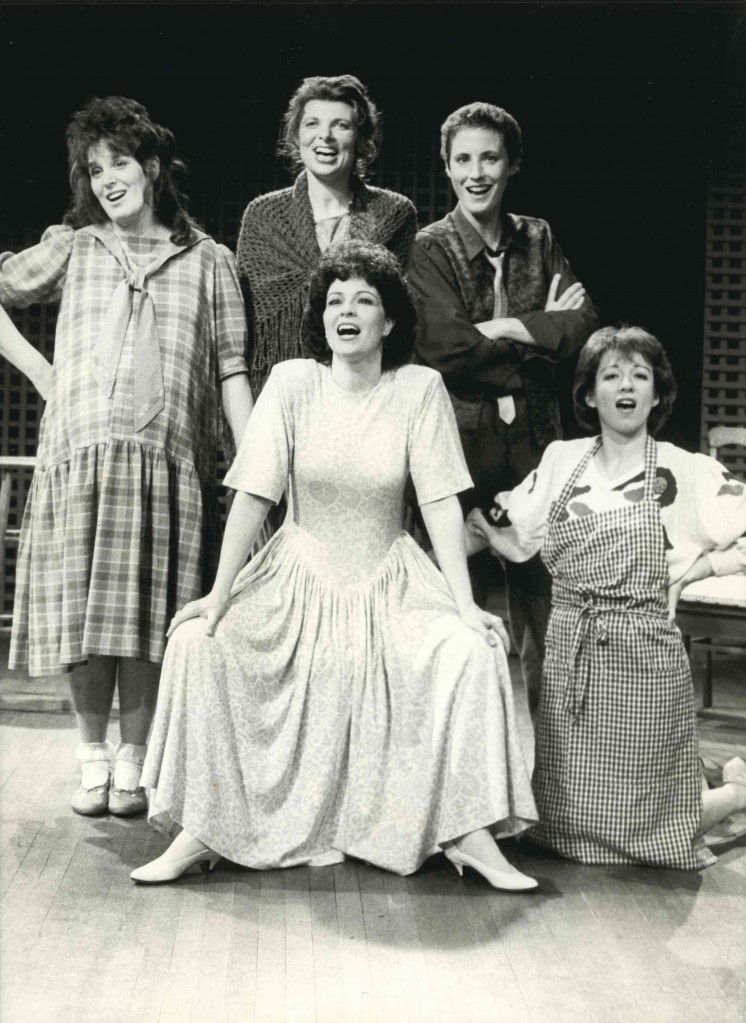
Since its inception, EST has developed an astonishing 6,000+ plays. More importantly, it continues to nurture its artists for as long as they care to be nurtured, using its own collaborative technique.
With a current annual budget of $1.3 million, EST has been recognized by the American Theater Wing, the NY Outer Critics Circle, Drama Desk Awards and Village Voice Obies; collectively, its members have won Pulitzers, Oscars, Tonys, Golden Globes… the list goes on.
So why does this trashy little place matter so much to its members?
To use myself as an example, I dared to write, direct, produce, and spread my wings as an artist at EST. I had never stepped into any of these roles before.
In 1987, EST actress Christine Farrell asked if I’d join a group of leading ladies in an evening of our own making. She knew that we’d never be cast in the same play, and she simply wanted to be onstage together for a change, instead of competing for the same roles. EST member Pamela Berlin joined us as DIrector.
We wrote, workshopped, disagreed, re-wrote, disagreed better, re-wrote better, learned to trust, performed, published and produced MAMA DRAMA, a collaborative piece that is still performed in academic and community theatres nationwide.
My development as a leader is directly attributable to EST. By the late-80’s I was sick of performing, but I wasn’t trained to do anything else. I wanted to work ON a play instead of IN it. Because EST members are able to initiate their own projects, I did. I wrote. Directed. Managed. Experimented. Convinced people to work with me for free.
It became clear to me that I could bring a project to life by identifying strengths in my collaborators that they didn’t necessarily know they had. The trick was to reflect them back so they were somehow quantifiable. Each time this happened, a profound level of trust was established in the group and we often believed that together we could do anything! (This was frequently followed by a spectacular and unforgettable failure.)
Immediately after the experience of writing, directing and producing, I shifted my career, a direct result of exploring these roles. Writing is now one of my great passions and part of my daily life, and it would never have happened without EST. It’s where I discovered my “CEO shoes”, and they fit so comfortably I never wanted to take them off.
Curt, Christine, Leslie, Rita, Annie, Donna, Marianna and Pam changed my life.
There are many EST stories just like mine. Why? Because this theatre is the place to try out new stuff and know that it’s OK to fail. In fact, absence of failure is a bit suspect, and falling flat on your face is certainly the quickest way to learn: check out the 6 Principles of Theatrical Intelligence.
And at EST, once a member always a member, so we get to fail again and again!
These days I’m back at EST experimenting in yet another role: Vice Chair of the Board of Directors.
I believe it’s essential to spread the word about this model of creativity, and work to ensure that it builds a financial foundation for its future. Because EST is not only a theatre that is deeply loved – it is a theatre that knows how to love back.
What could be better than that?
Photo above left: The Ensemble Studio Theatre by Christopher Cayaba
Photo above right: MAMA DRAMA, clockwise from left: Leslie Ayvazian, Christine Farrell, Rita Nachtmann, Anne O’Sullivan, Ann Sachs (seated, center). Not pictured: Director Pamela Berlin, Donna Daley and Marianna Houston.
If you’d like to see what’s going on at EST: please join us!
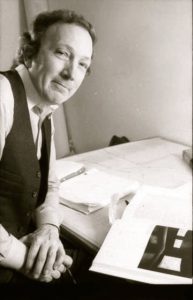
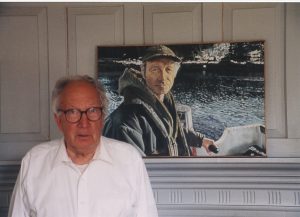





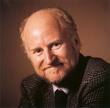

Recent Blog Comments